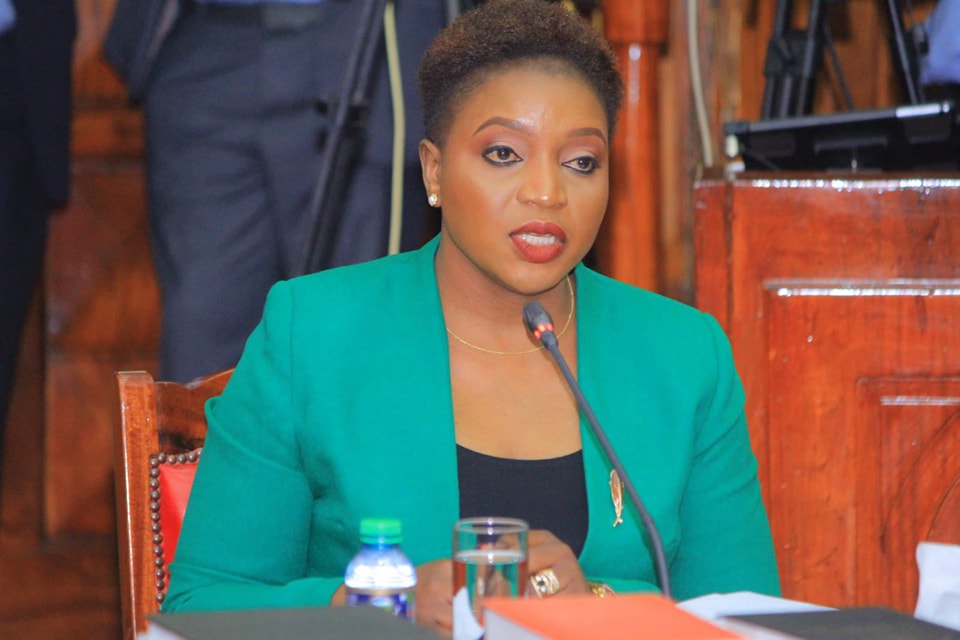By Peter Ochieng
As Kenyans join the rest of the world in marking the 2024 Menstrual Hygiene Day (MHD), the government has pledged its commitment to enhancing menstrual health and hygiene across the country.
MHD is commemorated every May 28, bringing together non-profits, governments, the private sector, and millions of individuals to increase awareness and action towards the common goal of having a period friendly world.
This year’s theme is ‘Making the World Period-Friendly’ which underscores the imperative of ensuring every woman and girl can manage menstruation with dignity and safety.
Mary Muthoni Muriuki, Principal Secretary, State department of Public Health and Professional Standards in the Ministry of Health, says challenges persist, necessitating sustained support and improvement efforts.
She said numerous strides have been made, adding that the government will continue putting measures in place to ensure dignified periods for girls and women.
“We have made significant strides in providing accurate information on menstruation and promoting affordable access to quality menstrual products and sanitation facilities,” she stated.
“Sustainable menstrual waste management practices have been implemented through initiatives such as the ‘Epuka Uchafu Campaign,’” she added.
Kenya launched its Menstrual Hygiene Management (MHM) Policy in May 2020 amidst the COVID-19 pandemic, marking significant progress in integrating MHM into various government initiatives.
In 2016, the Ministry of Health conducted a research which highlighted significant challenges faced by Kenyan girls and women regarding menstrual health and hygiene.
Key findings, according to the CS Susan Nakhumicha-led ministry, include limited access to menstrual hygiene products, which has been associated with risky sexual behavior and hindered education, particularly due to poor Water, Sanitation, and Hygiene (WASH) conditions in schools.
“Crucial partnerships with organizations like USAID, Amref, and UNICEF have supported county-level implementation of the MHM policy. “We issue a call to action to organizations and implementers to support county-level implementation of the MHM Policy and advocate for its full implementation by the National Government,” Muthoni emphasized.
“Opportunities for partnership and collaboration abound, aimed at strengthening the market base for MHM products and services.”
She said the ministry remains steadfast in its commitment to fostering an enabling environment where every woman and girl can manage menstruation with dignity and safety, envisioning a future where menstruation is not a barrier to education, health, or empowerment.


